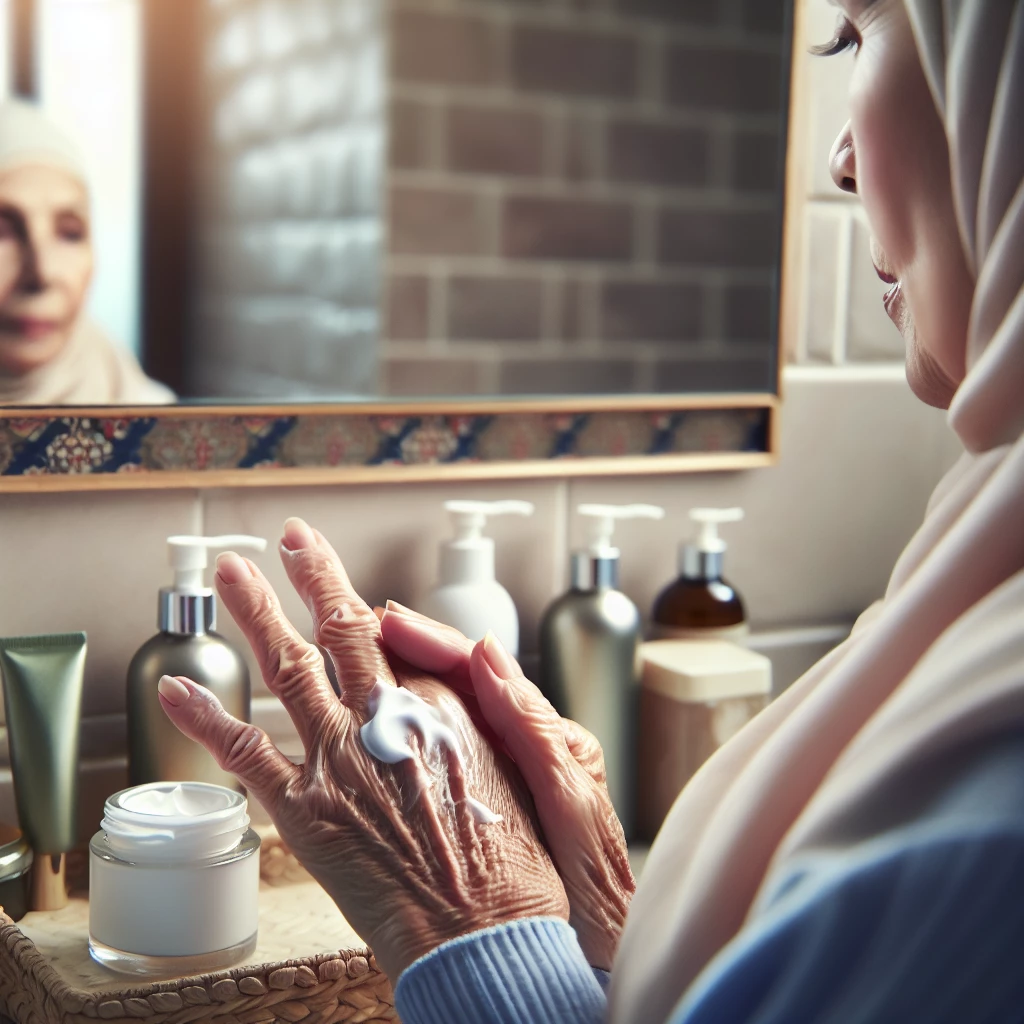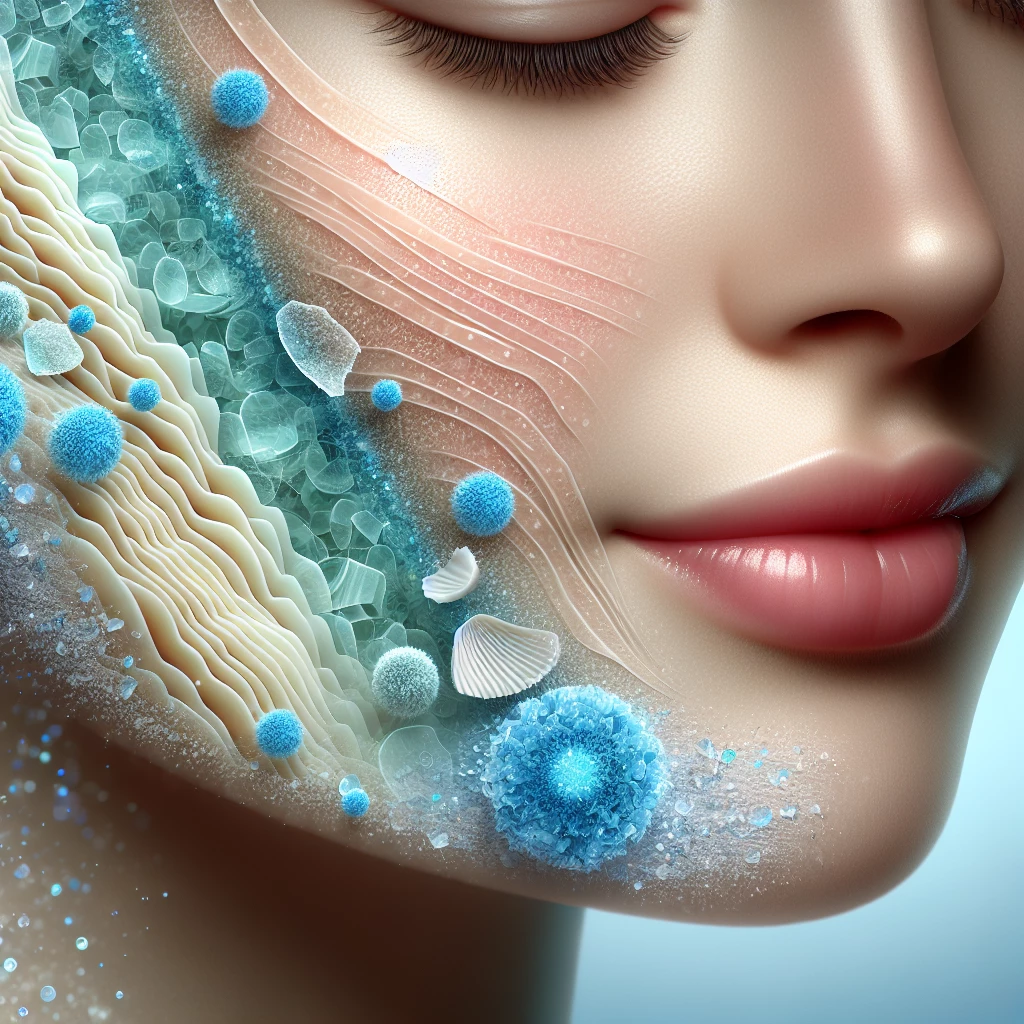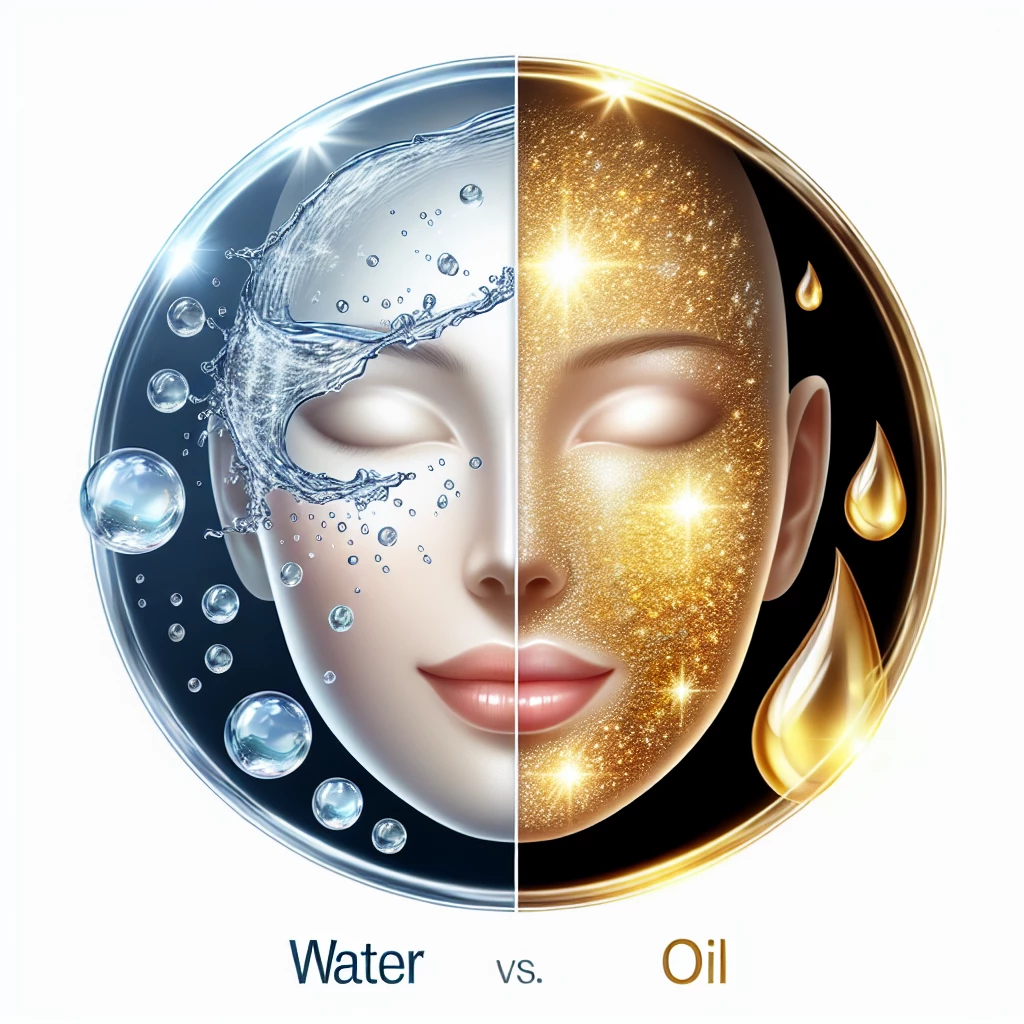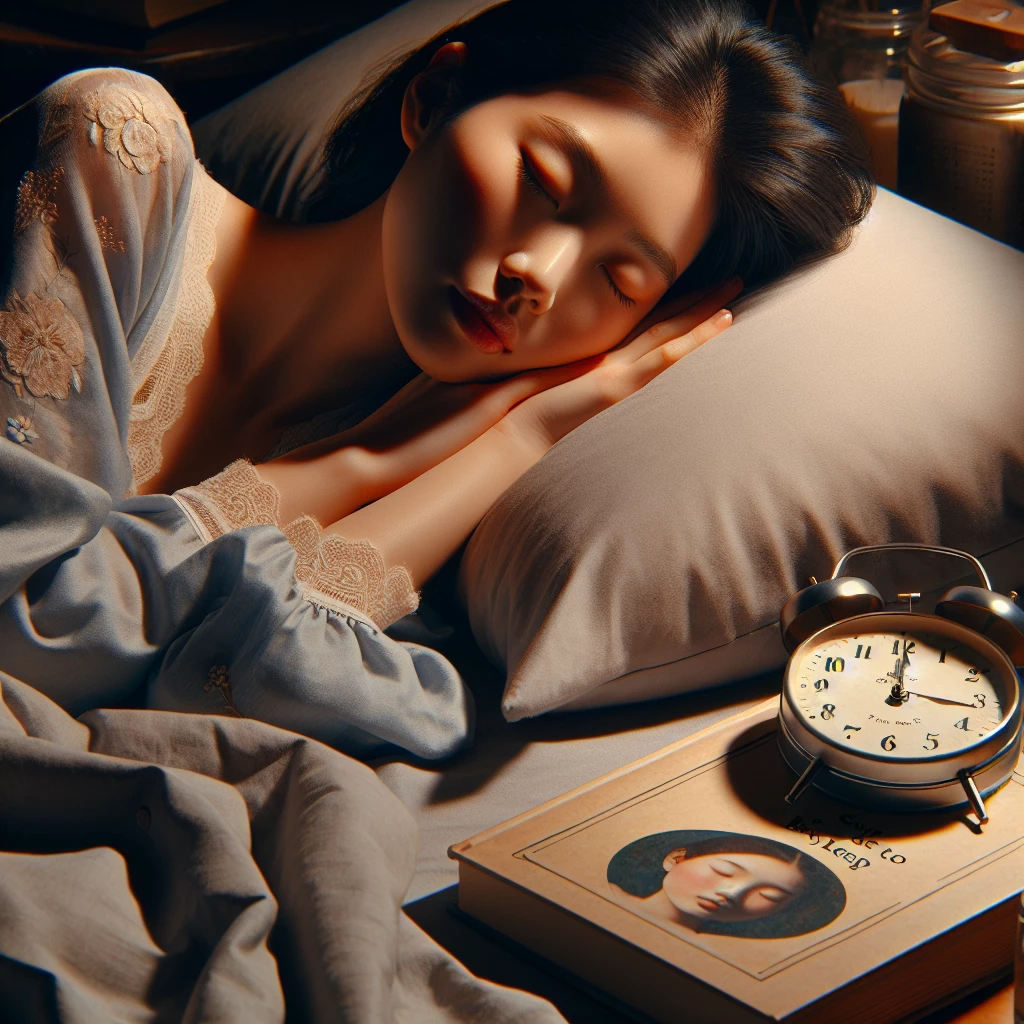Hello, Makeup Queens! If you are wondering whether your beauty sleep is a myth or not, we have exciting answers ready for you. To have healthy skin, not only use conscious makeup and skincare products, but also remember to get a good night's sleep. Here, we will explore the science behind the term 'Beauty Sleep' and discuss how it impacts your skin health! Let's go and find how sleep plays a significant role in our health and beauty regime.
What is Beauty Sleep?
Like any other health advice we hear, beauty sleep suggests a straightforward connection between sleep and attractiveness. It’s an old piece of advice that says getting plenty of sleep will help you look your best. Although, it may sound like a myth, there’s actually quite a bit of science behind this advice.
Studies suggest our skin repairs and refreshes itself while we sleep. Proper sleep provides your body with a much-needed downtime which helps in the regeneration of cells. So, the concept of beauty sleep is not merely a beauty myth, but science-backed reality.
Blood flow to the skin increases during sleep, which means a glowing complexion in the morning. A lack of sleep not only influences your mood, but also your appearance. Lack of sleep causes your skin to look dull, and you may also experience puffiness around the eyes
Benefits of Good Sleep for Skin Health
Good sleep offers immense benefits for skin health. With deep sleep, your skin gets enough time to repair the damage and rejuvenate itself. In other words, while we are sleeping, our skin is busy working to make sure we wake up with a glowing complexion.
During sleep, skin makes new collagen which prevents sagging and wrinkles. More sleep equals less wrinkles. Sleep deprivation, on the other hand, can cause your skin to age faster and decrease its ability to recover after sun exposure.
A good night's sleep reduces puffiness under the eyes. When you sleep, your body's hydration re-balances itself. Lack of sleep can bring about dark under-eye circles which most of us loathe. Proper sleep also helps in reducing acne as it helps in rebalancing hormones.
How to Improve Your Sleep for Better Skin health?
Improving your sleep routine can do wonders for your skin. To be able to get our magic beauty sleep, we need to follow some specific bedtime routines known as sleep hygiene. This includes maintaining a regular sleep schedule, even on weekends.
Turning off electronic devices an hour before bed, avoiding caffeine, incorporate some exercises or meditation practices in your daily schedule could improve the quality of your sleep.
Providing your body with a room temperature environment, investing in comfortable bedding, and using skin repair night creams can also enhance your sleep and overall skin health.
In conclusion, beauty sleep is much more than just an old wives' tale, it is a vital element of your beauty regimen that is equally as important as your skincare and makeup products. Losing out on sleep can lead to dull, dehydrated skin and prevent your skincare products from working effectively. Remember Makeup Queens, beauty is not just about how you doll up your face, but how you take care of it in terms of health, and good night's sleep is indeed a substantial part of it.

Age Gracefully: Mature Skin Care
Delve into the changes that come with aging skin and the best practices to ensure its health and vitality.

Vitamins for Victory: Skin Nutrients
Discover the key vitamins that contribute to skin health and the best ways to incorporate them into your skincare routine.

Exfoliation 101: Clearing the Surface
Dive into the process of exfoliation, uncovering its benefits and learning how to properly exfoliate for brighter, smoother skin.

Skin Hydration: Water vs. Oil
Get insight into the importance of hydration in skincare routines and understand the difference between water-based and oil-based products.
